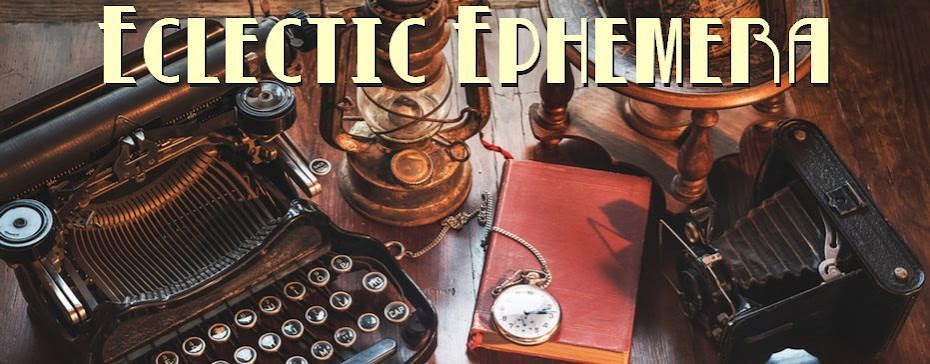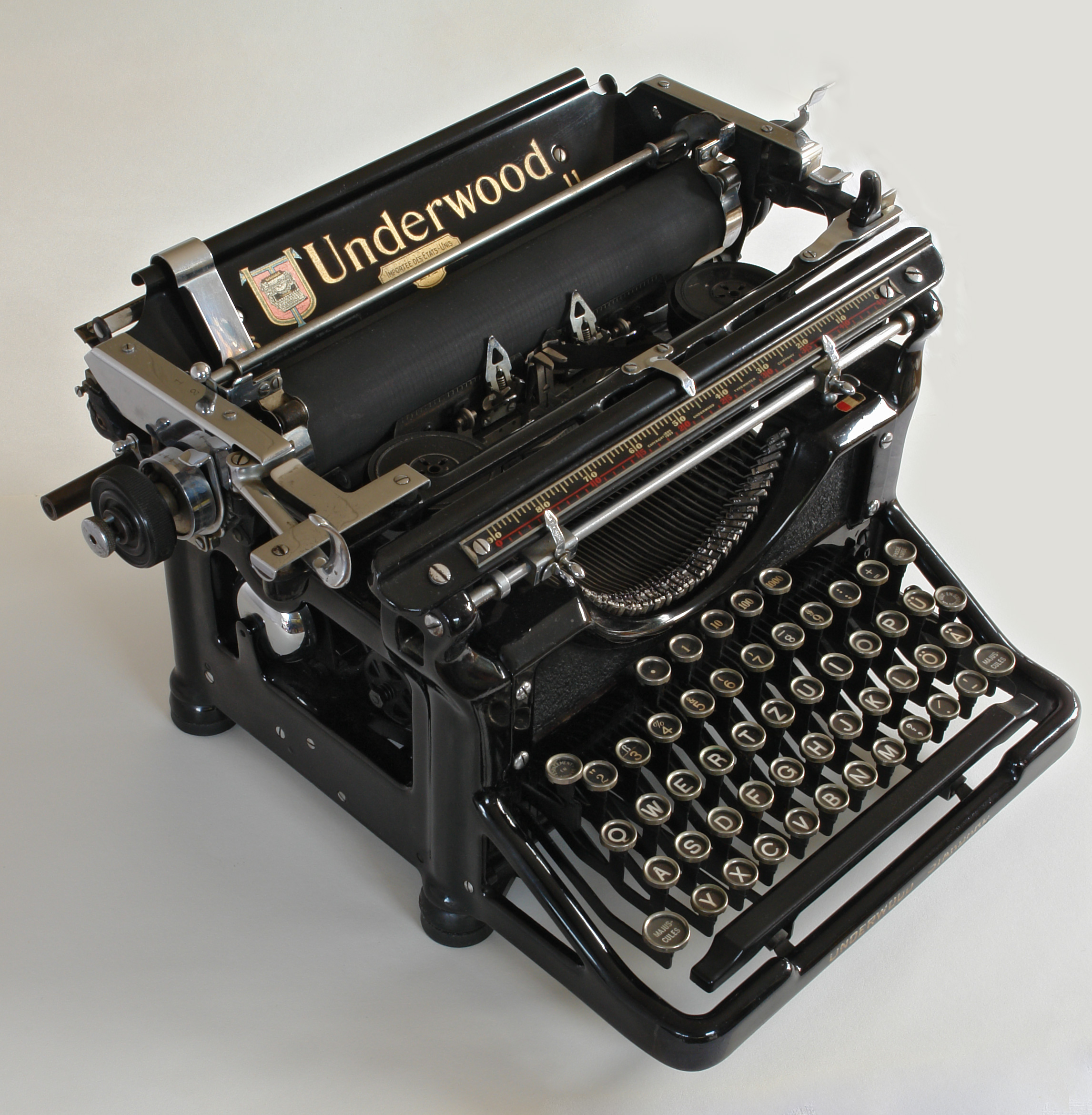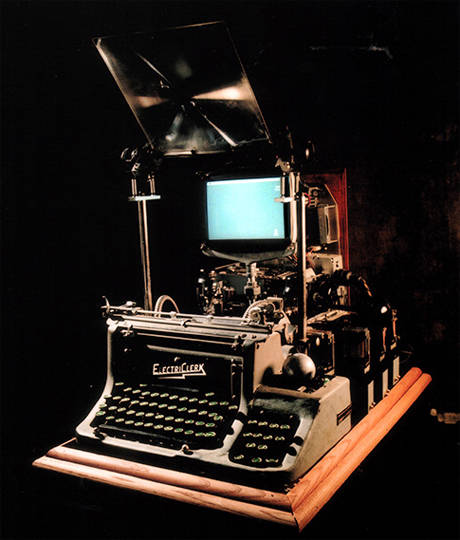Basketball is a sport that I've never followed, nor did I enjoy it at school (although to be fair I've never been a really sporty person and disliked all school sports apart from badminton and cricket...).
Nevertheless it has become part of American sporting culture and also enjoys a level of popularity here in the British Isles. I was interested, then, to read about the upcoming sale of an historic item which set the ball rolling (groan) - the original rules of basketball as drawn up by the game's creator, Canadian professor and sports instructor James Naismith, in 1891.
Regardless of your attitude towards the sport of basketball it is difficult not to marvel at the beginnings of the game (above). The fact that the original "basket", was just that, and what's more still had its base so players were forced to climb up and retrieve the ball (originally just an ordinary [soccer] football), may seem silly to us now but one has to remember that this was a new game and it is quite interesting to see the layout and rules as they were first created. As with all areas of history this glimpse into the early days of a still-popular, modern pasttime helps add to our appreciation and understanding of it in today's world while at the same time enlightening us as to how it came to be played and the way it was played in the years following its inception.
The sale of these original rules will no doubt generate a great deal of international interest and, wherever or whoever it ends up with, an important sporting document will have been preserved plus, what is more, helped to have raised funds for a children's sports charity, which is good news all round.







